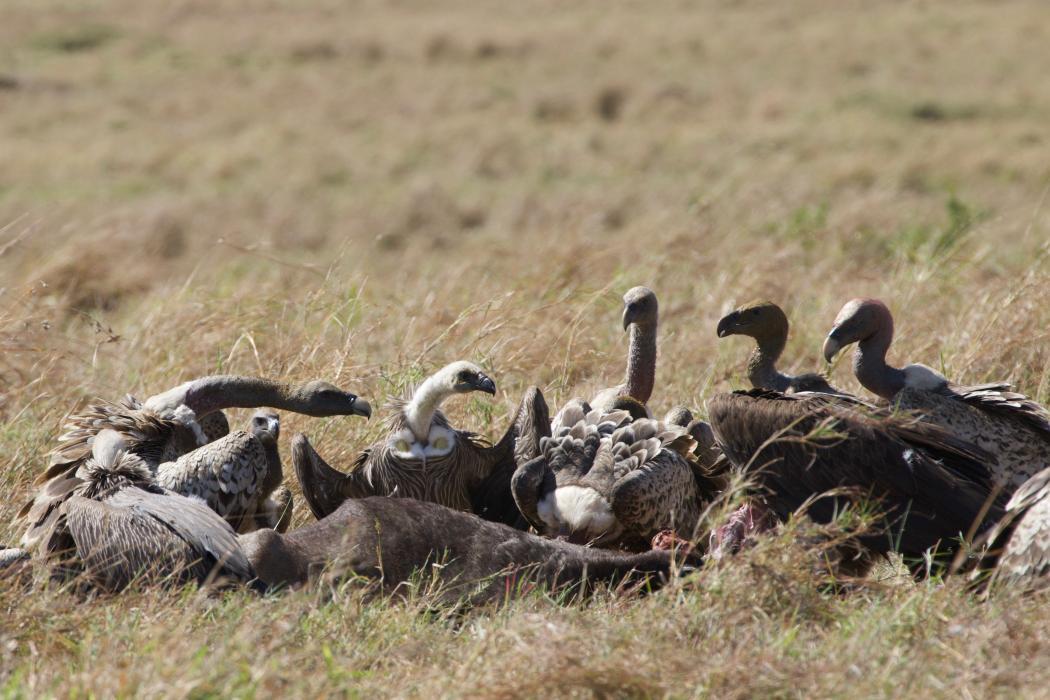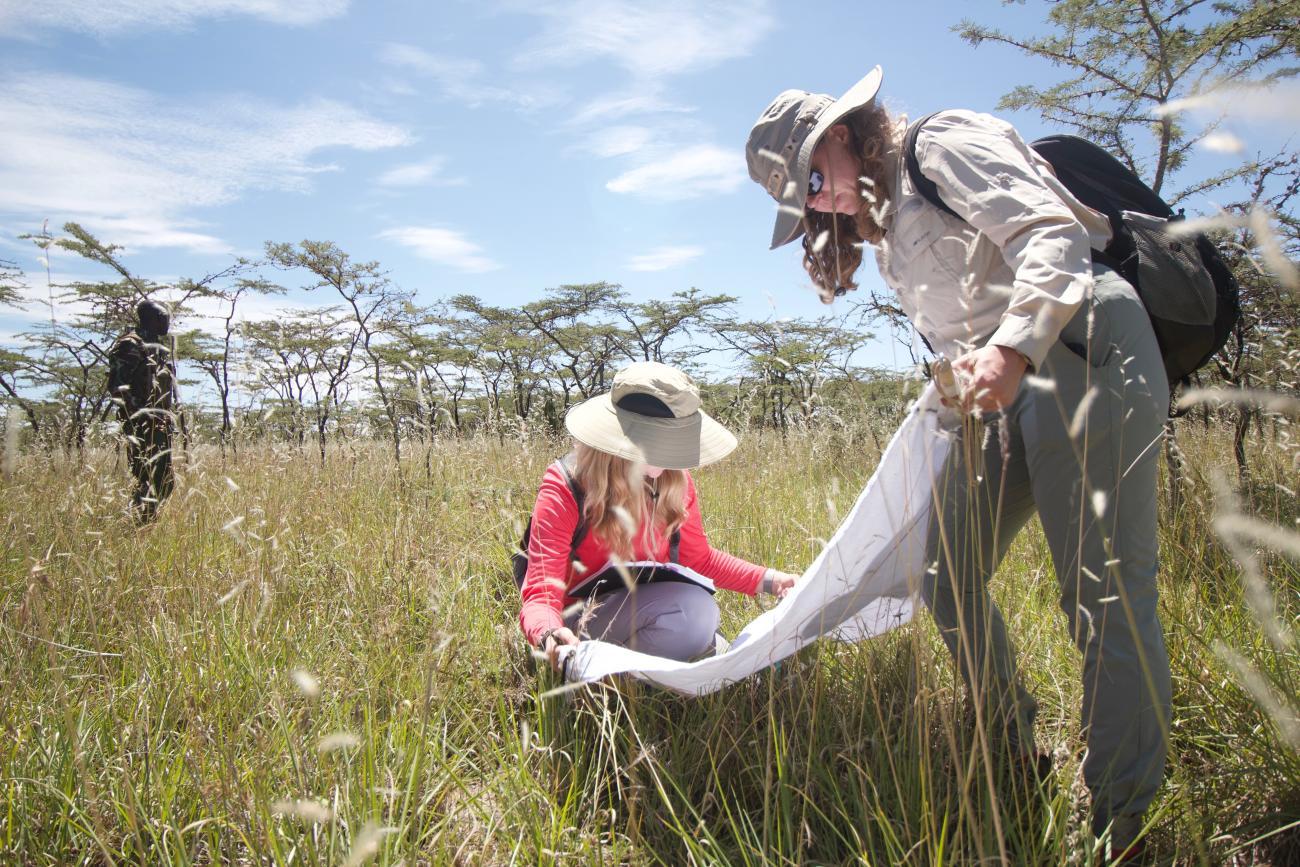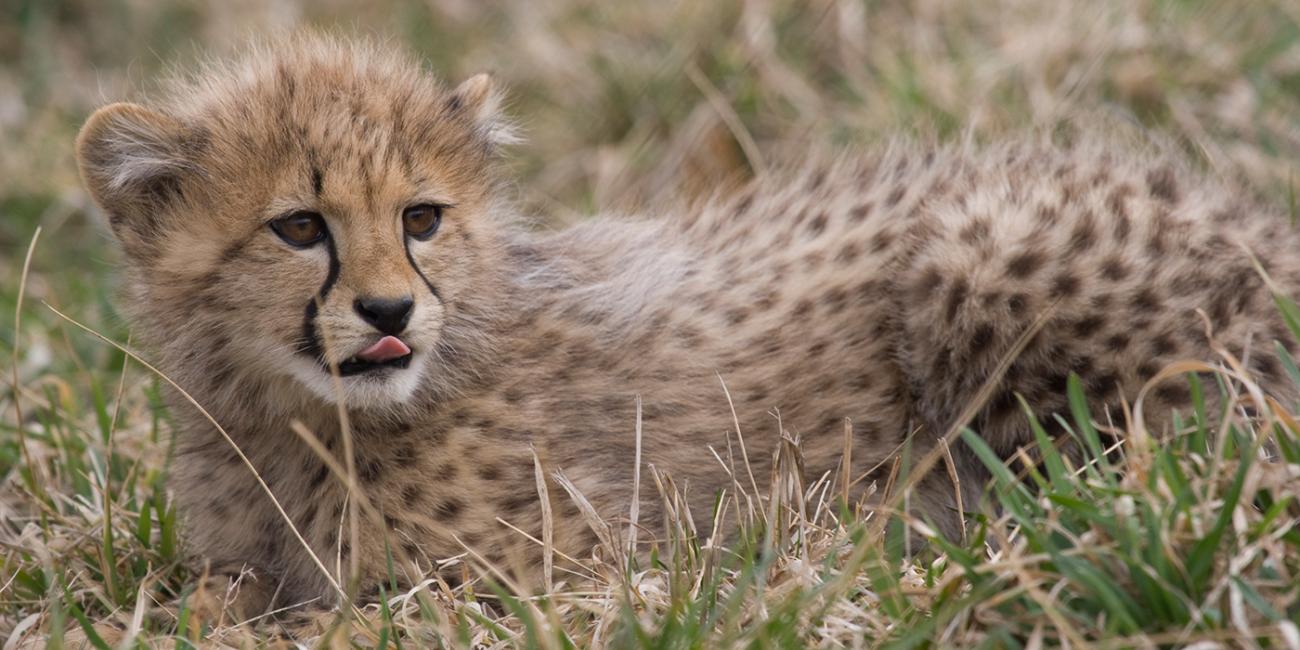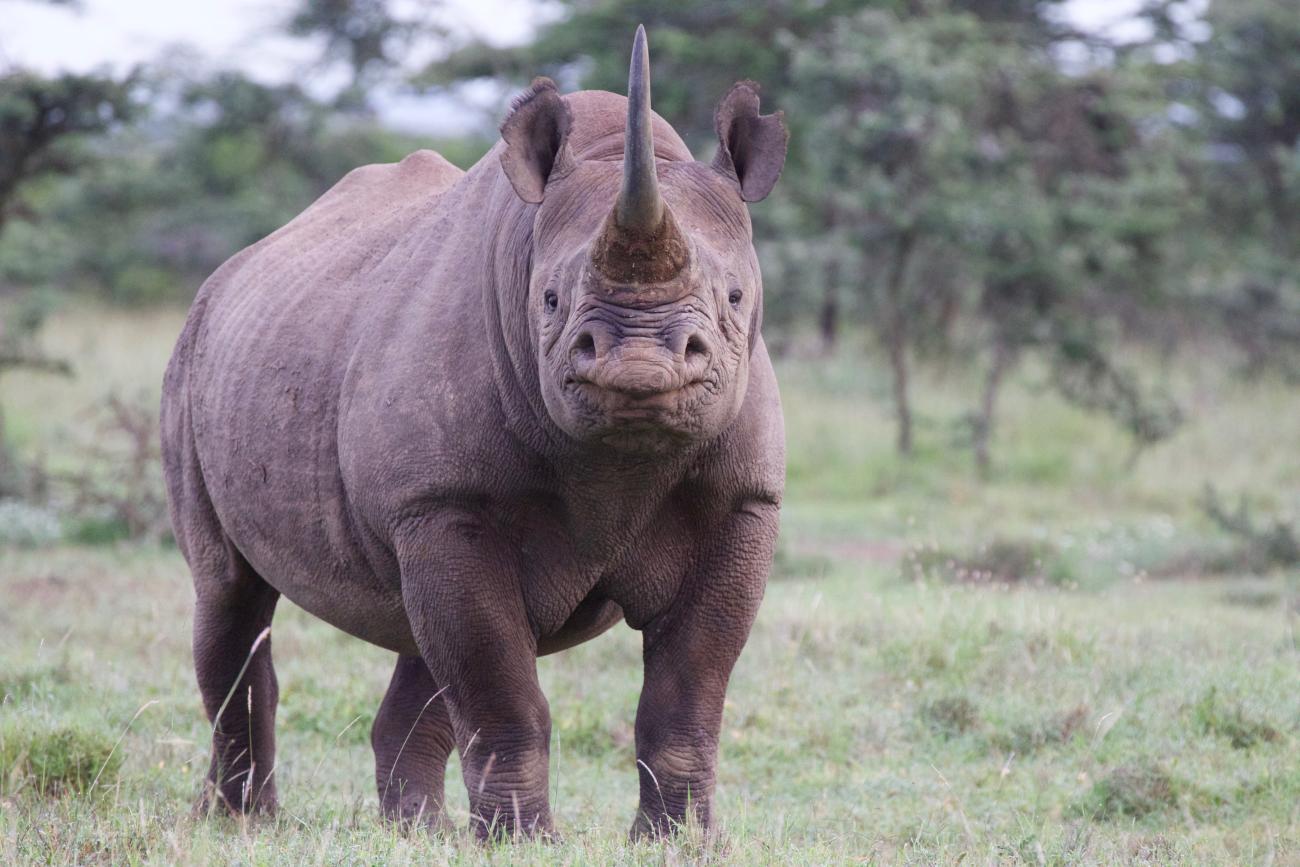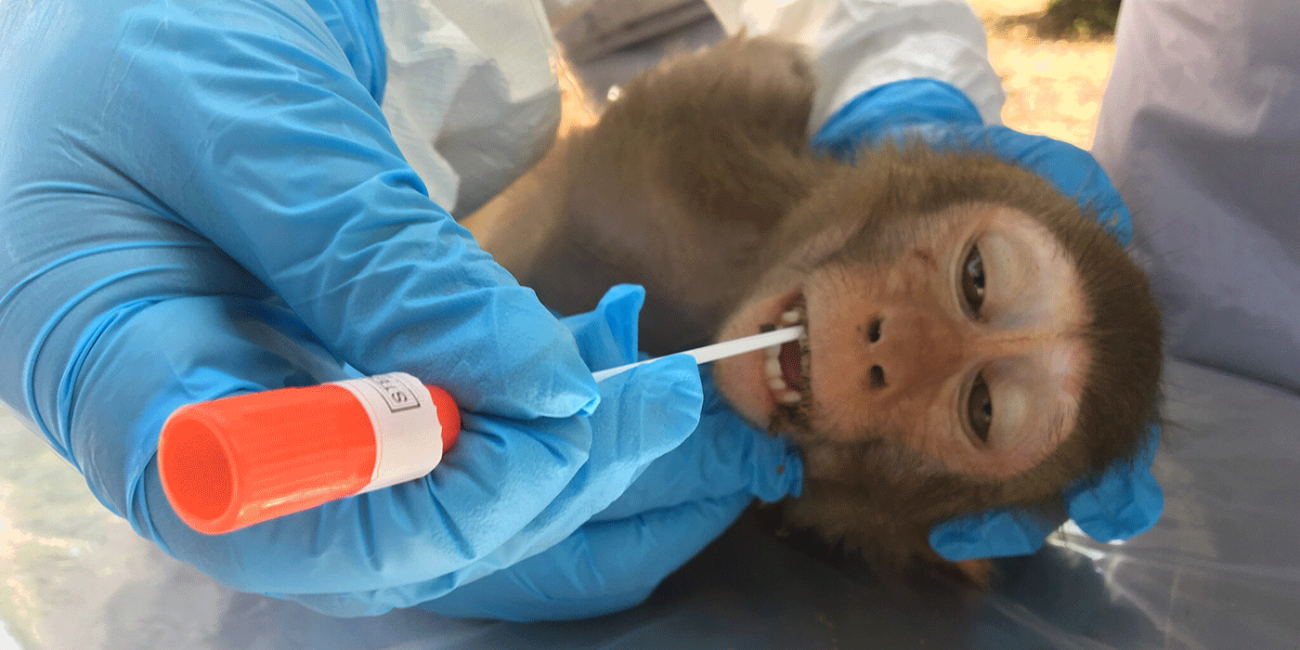Biography
Dr. James Hassell’s research combines ecology and epidemiology to study the connections between environmental change, wildlife and human health. As Skorton Scholar to the Global Health Program, he leads and advances the program's work in Kenya, which looks to combine capacity building with cutting-edge research to mitigate risk at the interface between wildlife, livestock and human health. Through his work with GHP, Dr. Hassell aims to promote the conservation of species and their ecosystems, while protecting human and wildlife health.
Topics he is currently working on include:
Disease ecology
- Emerging infectious disease risks posed by bushmeat in Kenya and Nigeria
- The impacts of environmental and demographic changes on emerging vector-borne diseases in Northern Kenya
- The role of wildlife in the emergence of pathogens and antimicrobial resistance in urban settings
- Population heath and diseases of eastern black rhinoceros
- Toxicology training to mitigate poisoning of African carnivores and vultures
- Building surveillance platforms for wildlife disease in East Africa
- Wildlife health training programs in East Africa
Dr. Hassell received his Bachelor of Veterinary Science and Medicine from the Royal Veterinary College, before pursuing a master's degree in wild animal health. He completed his doctorate in epidemiology with the University of Liverpool and International Livestock Research Institute, investigating the role of urbanization on the ecology and epidemiology of disease transmission between wildlife, livestock and humans in Nairobi.
Dr. Hassell is an appointed assistant professor adjunct of epidemiology at Yale School of Public Health, visiting scientist at the International Livestock Research Institute, and has completed a zoological medicine residency with a focus on wildlife population health through the University of Liverpool School of Veterinary Science.
